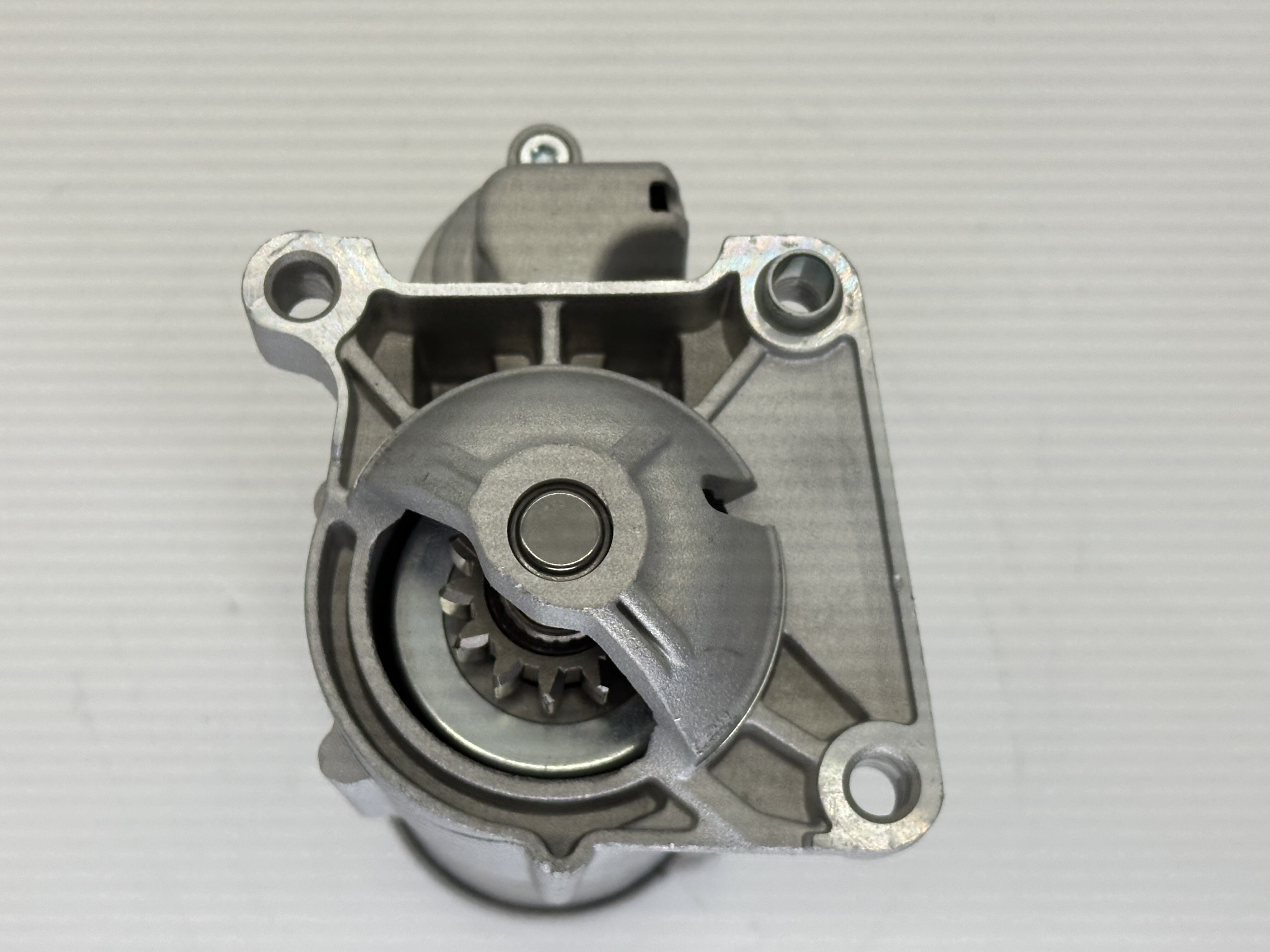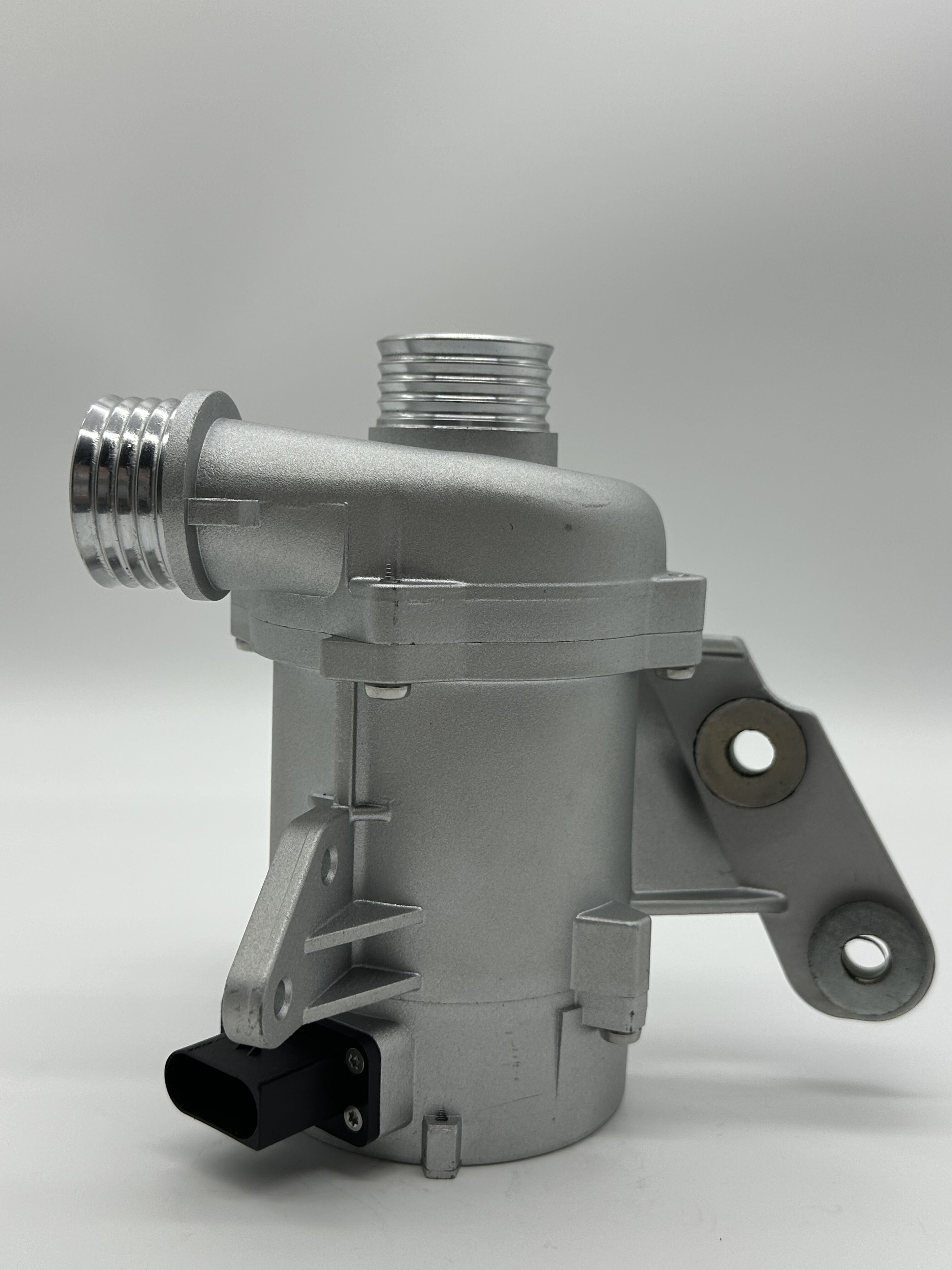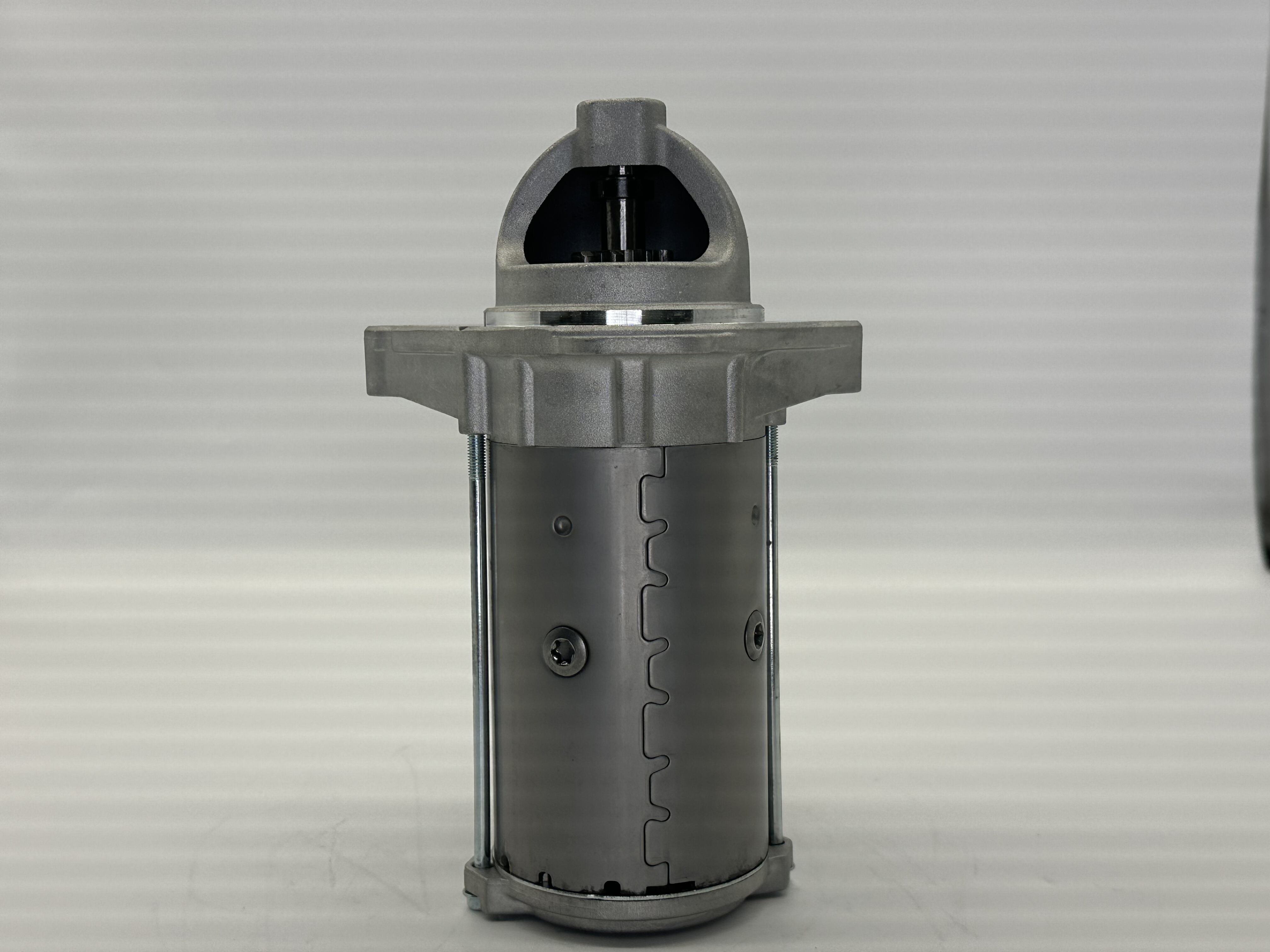car oil sensor price
Car oil sensor prices vary significantly in today's automotive market, reflecting the diverse range of technologies and capabilities available. These essential components, typically ranging from $20 to $200, play a crucial role in modern vehicle maintenance systems. The oil sensor continuously monitors the quality, level, and pressure of engine oil, providing real-time data to protect your engine's health. Advanced sensors incorporate sophisticated electronic systems that can detect oil degradation, temperature variations, and contamination levels. They utilize innovative microsensor technology to measure oil viscosity and conductivity, enabling early detection of potential engine issues. The price variation largely depends on factors such as sensor type, brand reputation, compatibility range, and technological sophistication. Budget-friendly options often focus on basic oil level monitoring, while premium sensors offer comprehensive oil quality analysis and integration with vehicle diagnostic systems. Installation complexity and durability also influence pricing, with some sensors designed for easy replacement and others requiring professional installation. Modern oil sensors often feature wireless connectivity capabilities, allowing data transmission to smartphone apps or maintenance systems for convenient monitoring.


